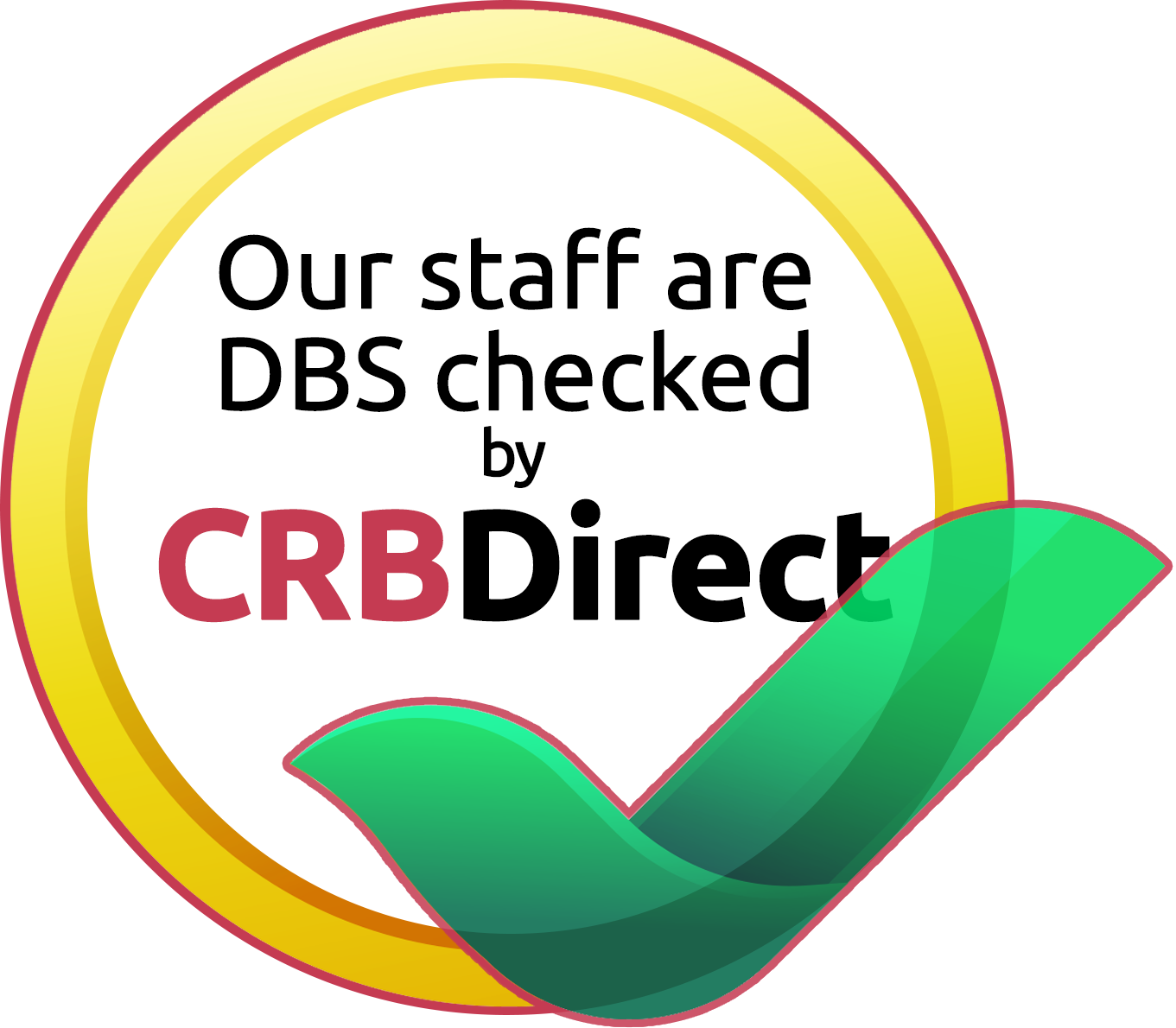The push to get as many people as possible back onto the NHS frontline has seen huge changes at the DBS. At other times, change happens slowly. However, in the last few weeks the pace of change at the Disclosure and Barring Service has been much more rapid. Changes have to strike the balance between speeding up the process, but at the same time keeping patients safe. This isn’t as straightforward as it might at first sound. The main change which has already been put in place is with the Adult First scheme. Adult First isn’t particularly well-known, so at first glance for many it’s hard to see the benefits.
How Adult First works
 Adult First isn’t a new scheme. It’s just that until recently, there wasn’t much advantage to employers in using it. Also, it only applies to the most detailed level of DBS check. Enhanced disclosures are needed for a wide range of occupation, but are most common in sectors involving children or looking after patients. Nurses, teachers, hospital porters, opticians or childminders all need an enhanced disclosure. The enhanced certificate will detail not only current, unspent criminal convictions and cautions, but also any older information on someone’s file thought to be relevant.
Adult First isn’t a new scheme. It’s just that until recently, there wasn’t much advantage to employers in using it. Also, it only applies to the most detailed level of DBS check. Enhanced disclosures are needed for a wide range of occupation, but are most common in sectors involving children or looking after patients. Nurses, teachers, hospital porters, opticians or childminders all need an enhanced disclosure. The enhanced certificate will detail not only current, unspent criminal convictions and cautions, but also any older information on someone’s file thought to be relevant.
An enhanced disclosure check is a “deep dive” into someone’s past. It can take many weeks or even a couple of months for the certificate to arrive in the post. Many employers just can’t wait that long to get someone into work. So the DBS have the option of asking for an Adult First check as a way of getting a quick response about an applicant.
Barred Lists
This scheme is also known as a Barred List check. The government holds digital registers of people who have been legally blocked from working with children, adults or both. These lists were previously known as “List 99”. People are put onto the registers by a court, usually when convicted of a serious offence. If your name appears on the Barred List, it’s a criminal offence to apply for a job in that sector again. An enhanced disclosure will include a search of barred lists as standard. The Adult First scheme involves doing the search first, and feeding back any information straight away to employers. If the search comes back clear, the applicant can start work straight away, pending the full certificate arriving at a later date in the post.
How Does This Help the NHS?
Changes at the Disclosure and Barring Service mean that DBS checks from NHS workers are being prioritised. The “fast-track” option is really just the existing Adult First scheme under a different name. Any applicant who is applying for a position in the health service or social care sector can tick the box asking for an Adult First check. When the application arrives at the DBS office, searching the registers is a very quick process. Results can be fed back to NHS trusts very quickly. In order to reassure the public, the DBS says that 99.8% of all searches of barred registers are negative. Applicants can start work immediately should the Barred List check come back clear. Most NHS trusts will still limit the sort of work they can do, pending the full DBS certificate arriving at a later date.
Applying for a DBS Check
The DBS application process hasn’t changed. The DBS has just tweaked the system to make things quicker. These changes are temporary however, and when the peak of the outbreak passes, there is every possibility that things will go back to normal. Don’t assume that you know the current situation without checking with an expert, or on the DBS website. Application forms haven’t changed, and you’ll still need to complete your personal information such as previous names and a 5 year address history. There is however a separate box to say you’re applying for a healthcare role and want your application fast tracked. Furthermore, there is currently no charge for DBS checks for these roles, whether on a paid or voluntary basis.
If you’re not planning to work in healthcare but still need a DBS check, the best advice might be to hold off applying at the moment. NHS applications are being given priority at all stages. This just means everyone else has to wait. Employers are being encouraged to be flexible with arrangements at present.
